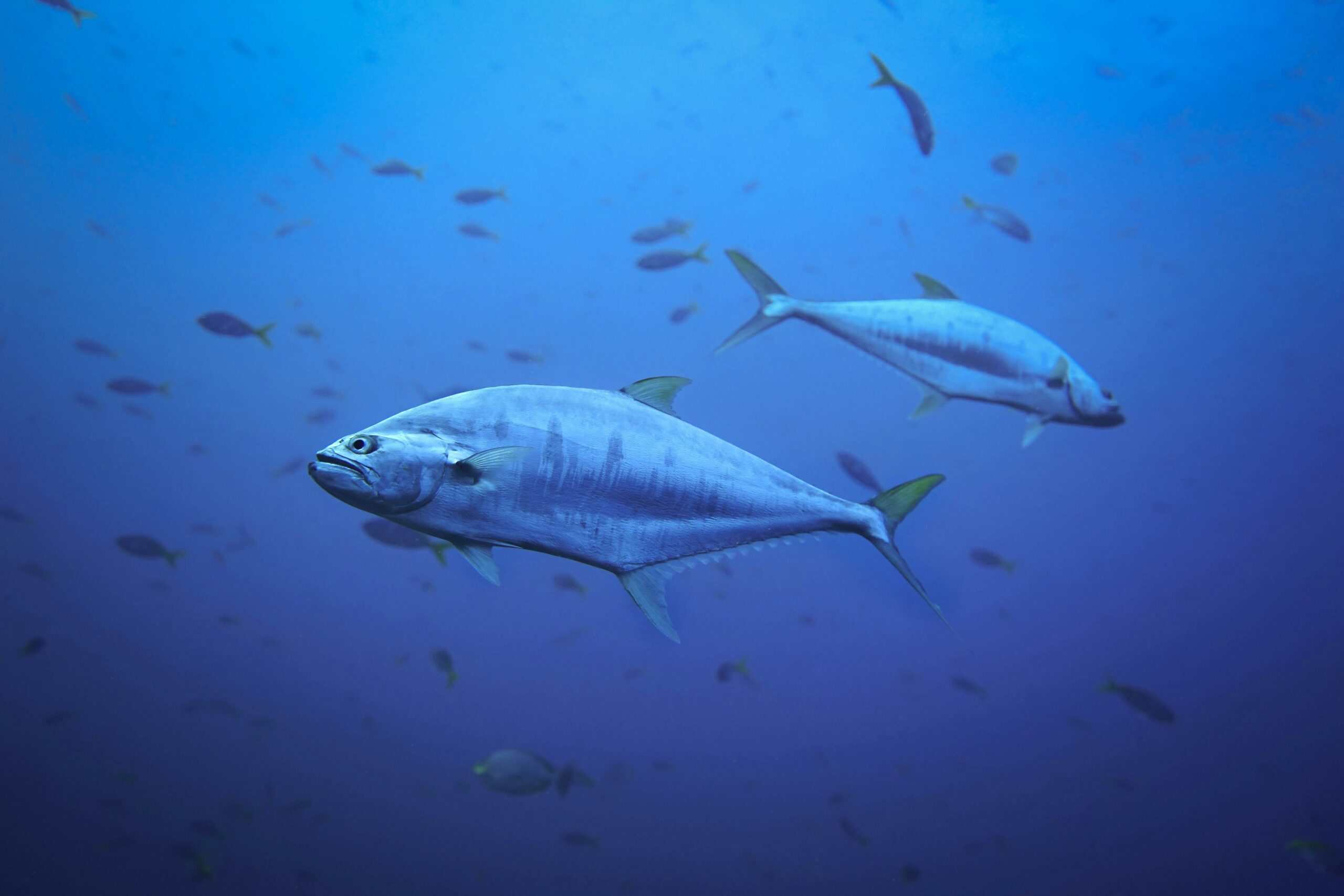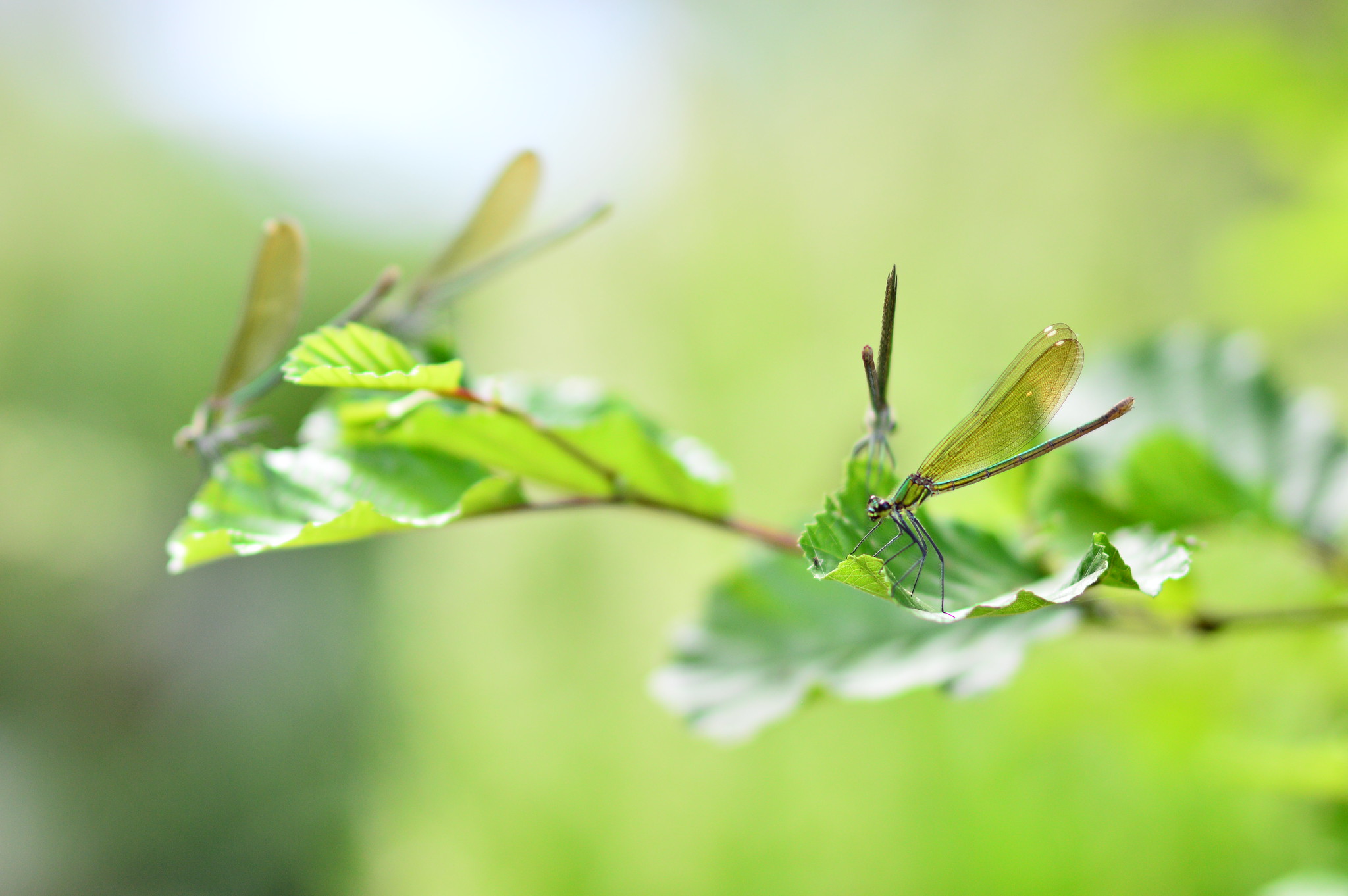
What makes an ecosystem vulnerable?
Invasive species pose a major threat to Earth’s biodiversity, often disrupting natural ecosystems and outcompeting native species. Therefore, to mitigate the effects of these foreign visitors, it is important to know where they are most likely to appear and what management tactics are best suited to deal with them. The scientists in this study produced a model of vulnerability for environments, useful in identifying where more local efforts would be best used and where larger-scale change, like new policies or laws, are needed to prevent ecosystem destruction.








